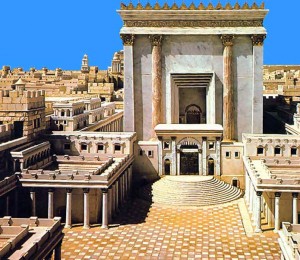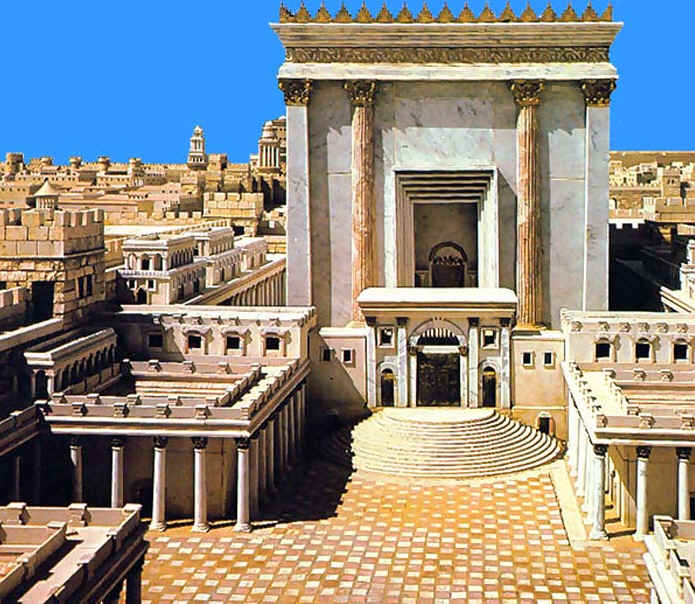 In this week’s reading, Moshe gathers the entire nation of Israel together. He says, now it’s time to build the Mishkan, the Tabernacle. Everyone with a giving heart should bring their gifts. But first, he tells them that they have to observe the Sabbath. “For six days you shall do the labor, but the seventh day shall be holy for you, a Sabbath of Sabbaths to G-d” [35:2].
In this week’s reading, Moshe gathers the entire nation of Israel together. He says, now it’s time to build the Mishkan, the Tabernacle. Everyone with a giving heart should bring their gifts. But first, he tells them that they have to observe the Sabbath. “For six days you shall do the labor, but the seventh day shall be holy for you, a Sabbath of Sabbaths to G-d” [35:2].
Why was this necessary? The Sabbath, Shabbos, is one of the Ten Commandments. The nation has already been told to observe it. So why repeat it now? According to the Sifsei Chachamim, this question is what bothered Rabbi Shlomo Yitzchaki, Rashi. And Rashi answers: the Torah needed to tell us that building the Mishkan doesn’t supersede the Sabbath.
Shabbos is about pausing from creative activities that change the world around us. It’s about taking time to think and reflect, and make sure we are going in the right direction to meet our goals. G-d is telling us — even if you’re building the Mishkan, My Holy Residence in this world, you still need to take that time off.
In that respect, the Mishkan serves as the paradigm for anything which we are building, even when it is for G-d and Torah: building a new synagogue, launching a new program, founding a new charity. The Torah says that we can pledge funding or talk about designs on the Sabbath, but we can’t do the labor — even when it’s for a holy purpose. No matter the situation, we need an opportunity to reconsider. Are we doing it the right way? Is there something we could be doing better?
In his famous book, The Seven Habits of Highly Effective People, author Stephen Covey makes his seventh and final habit to “Sharpen the Saw,” to keep the body and mind in shape. While he talks about physical health, he also talks about mental, emotional and spiritual health. That opportunity is built into the Jewish calendar, for us to spend one seventh of each week with family and friends, pulling back from the work world to pause and reflect. Even if our goal is the holiest of causes, says the Torah, we still need that opportunity!





Hello in your answers to questions, you state “if we do our part G-d will respond to us. Please reflect the conversation between Moses and Jethro, Jethro told Moses what he had heard that G-d had done for Israel and then Moses told Jethro what G-d had done for Israel and delivered them from the Egyptians.
The truth is how we respond to G-d in thanks and glorifying His name for what He continually does for us.
Isn’t this exampled by Moses; when his arms were lifted up (in praise) Israel won, when Moses let his arms fall the Amalakites won?